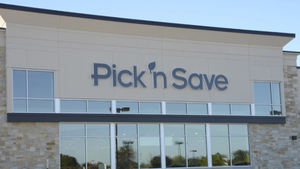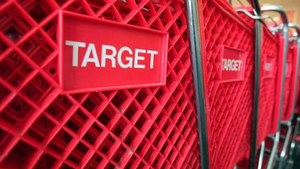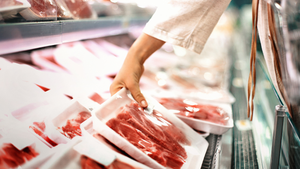SpartanNash CEO: Inflation is the only thing calming
Staffing and supply chain issues are still problems, and consumer behavior is changing

Food inflation might be receding, but the same can’t be said for the floodwaters in California.
SpartanNash CEO Tony Sarsam was with Bloomberg’s Alix Steel and Dani Burger talking about the state of grocery stores in the U.S. Sarsam said the price of food continues to go down, but there is a long way to go. Mother Nature has not been cooperating when it comes to produce supply, either.
“[Food prices] are still very high compared to the last four decades of experience,” he said. “So our focus is with the suppliers to be sure we can pass on only the best pricing to our shoppers.”
As for the product that is suffering the most right now due to inflation, Sarsam said the demand for frozen foods has been historical, and that combined with supply chain issues have kept prices up. Also, the cost of starches like onions and potatoes (french fries) also are up. Sarsam added prices in those two categories have been up as much as 40% in some cases.
The current economy has broken customers into three categories, according to Sarsam: those looking for value, those looking for convenience and those looking to indulge. Sarsam said shoppers are switching from national brands to private brands, like SpartanNash’s Our Family which has grown 2.5 times over the national brands during the last few months. Also, with 50 million people going back to the office convenience is holding a primary role, and that means items like family size frozen meals and pre-cut fruits and vegetables have been strong sellers.
Retailers continue to struggle with labor. SpartanNash has invested around 30% in pay raises for entry level jobs over the last two years. Under normal conditions, those increases would be about 6-7%.
“We are seeing a better applicant flow right now, but it’s been difficult,” Sarsam said. “We are not where we want to be in terms of staffing.”
The delivery of fresh produce also has not been normal due to a heavy amount of rain in California during the last couple of quarters. Sarsam said strawberry crop is already behind and more could follow.
About the Author
You May Also Like






